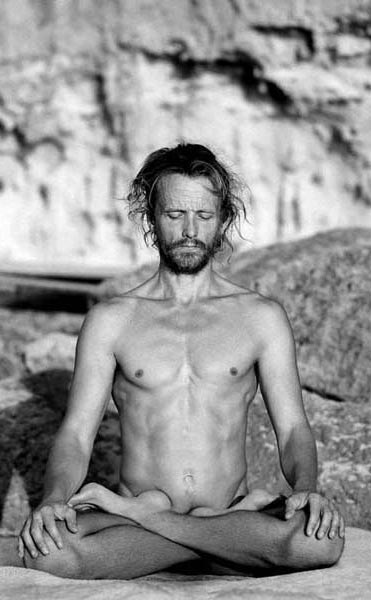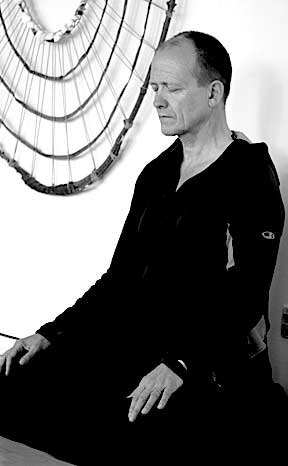CLASSICAL YOGA
The Yoga Sutras of Patanjali are the 'bible' of yoga, providing its only reliable textual basis.
The Yoga Sutras of Patanjali is perhaps the most
incisive and illuminative text ever written. In a few hundred words Patanjali presents and
clarifies the conundrum of human experience and consciousness. Not a how-to manual of techniques, the Yogasutras provide
a potent and invaluable map of human experience that, once clearly understood, will allow you to find your way more easily
to the source of your own experience and existence.
The subtleties of cognition, perception, awareness and consciousness are all outlined within the context of an effortless internalisation
of awareness, that depends only on letting go into a deep intimacy with what is actually happening.
A master non-dualist Patanjali clearly outlines the dynamics of duality upon which our experience, suffering and release,
depend, while making it quite clear that what we need is not skill or knowledge, but the intelligence that we actually already are.
This frees yoga from the bottomless pit of accomplishment into the satisfying dynamic of self enquiry.
Defining yoga as both state, yoga citti vrtti nirodah (letting go of the projections of mind
(YS i.2),
and process, tapah svadhyaya ishvara pranidhanani kriya yoga (passionate enquiry into the
nature of the self (YS ii.1),
the eight limbs (ashtanga) of yoga are clearly presented by Patanjali, not as a curriculum of techniques,
but as the deep infolding of conscious awareness into its source. This infolding is invited by yama and niyama,
and flows progressively, though initially intermittently, through the awareness states of asana, pranayama, pratyahara, dhyana and dharana to samadhi, and back again.
Our Somatic Resilience Courses provides the perfect tools for becoming intimate with the subtle territories outlined by Patanjali,
and allowing you to let go of your need to determine and control into your ability to enjoy what, where and
who you are without wishful thinking or resistance (dukkah).

